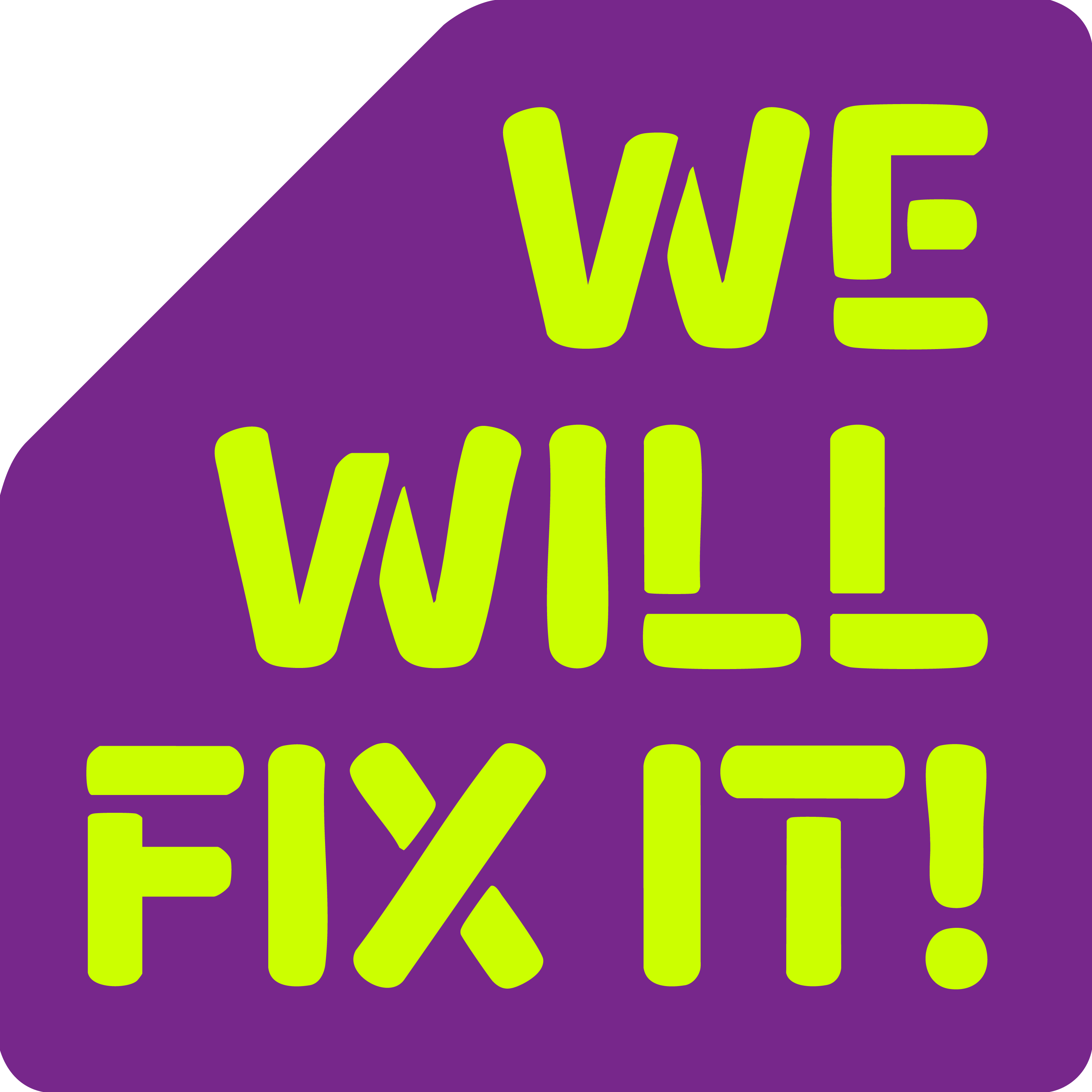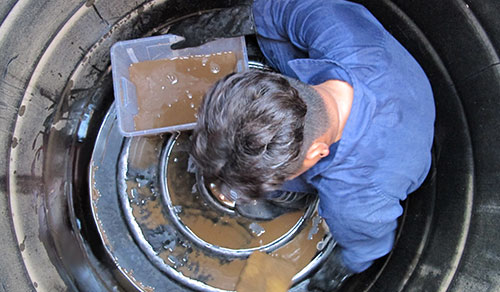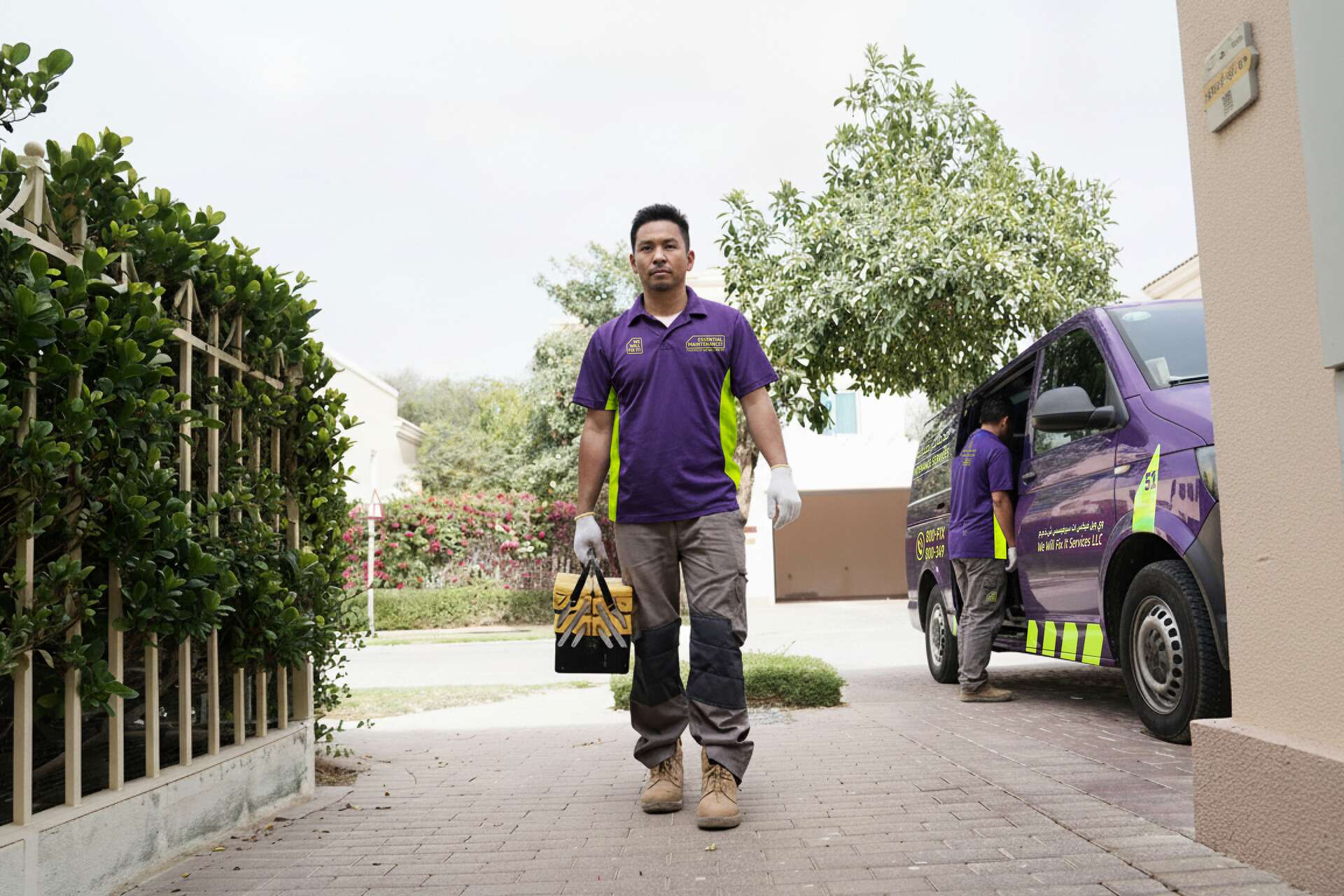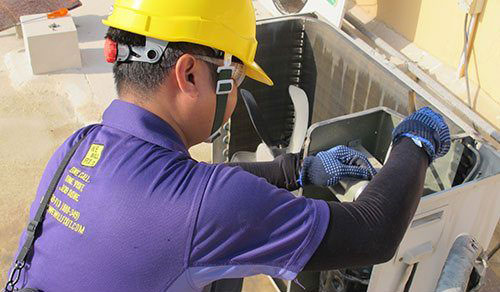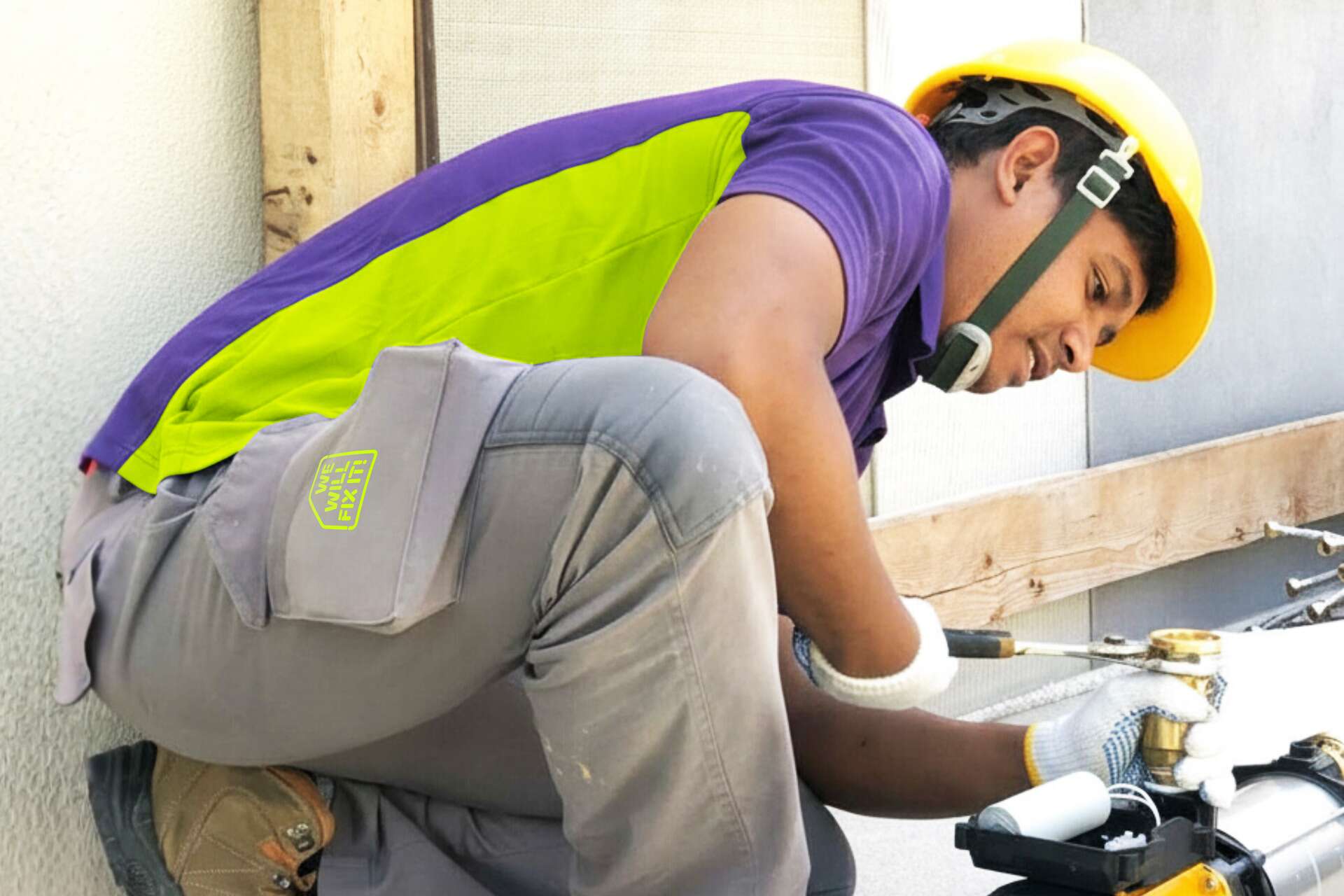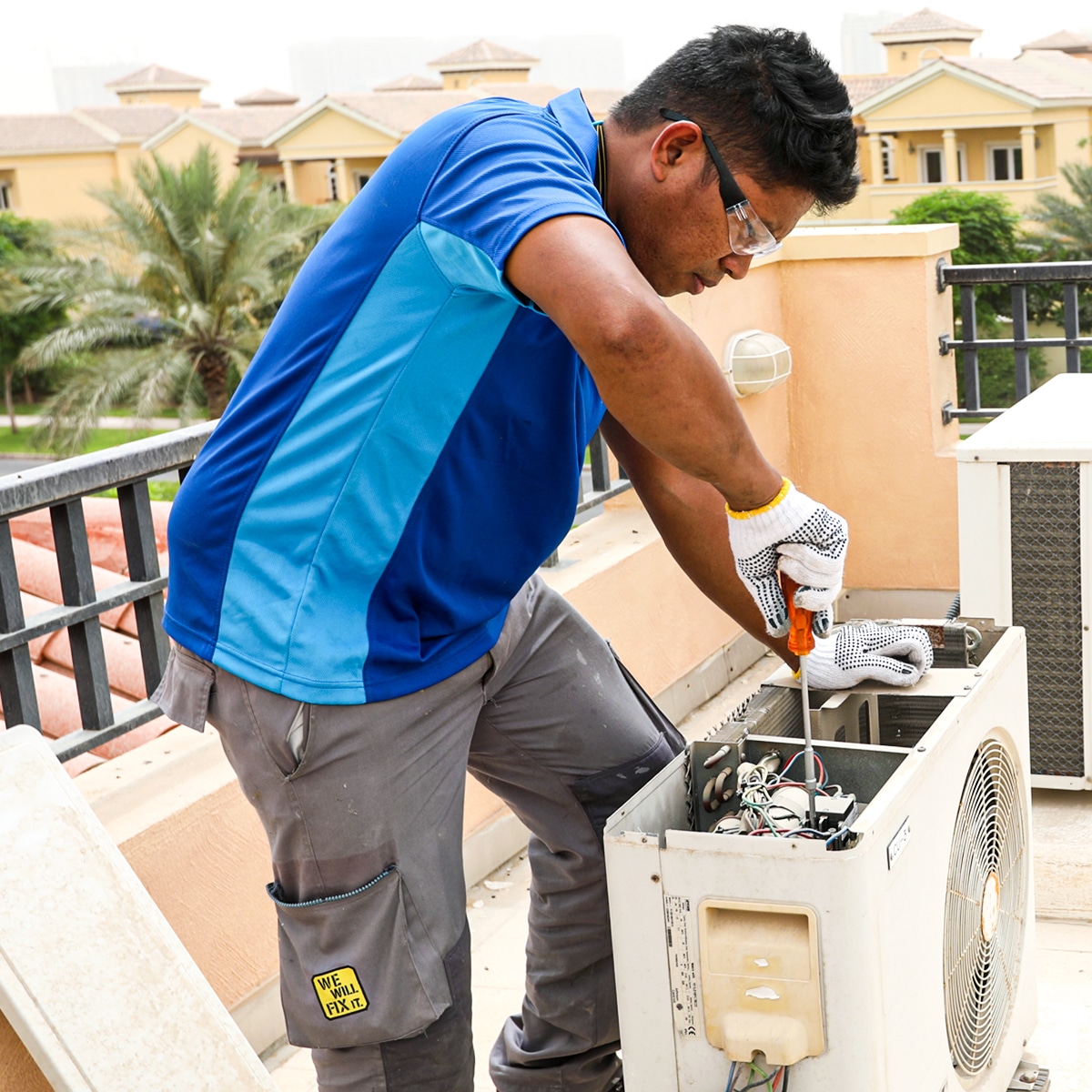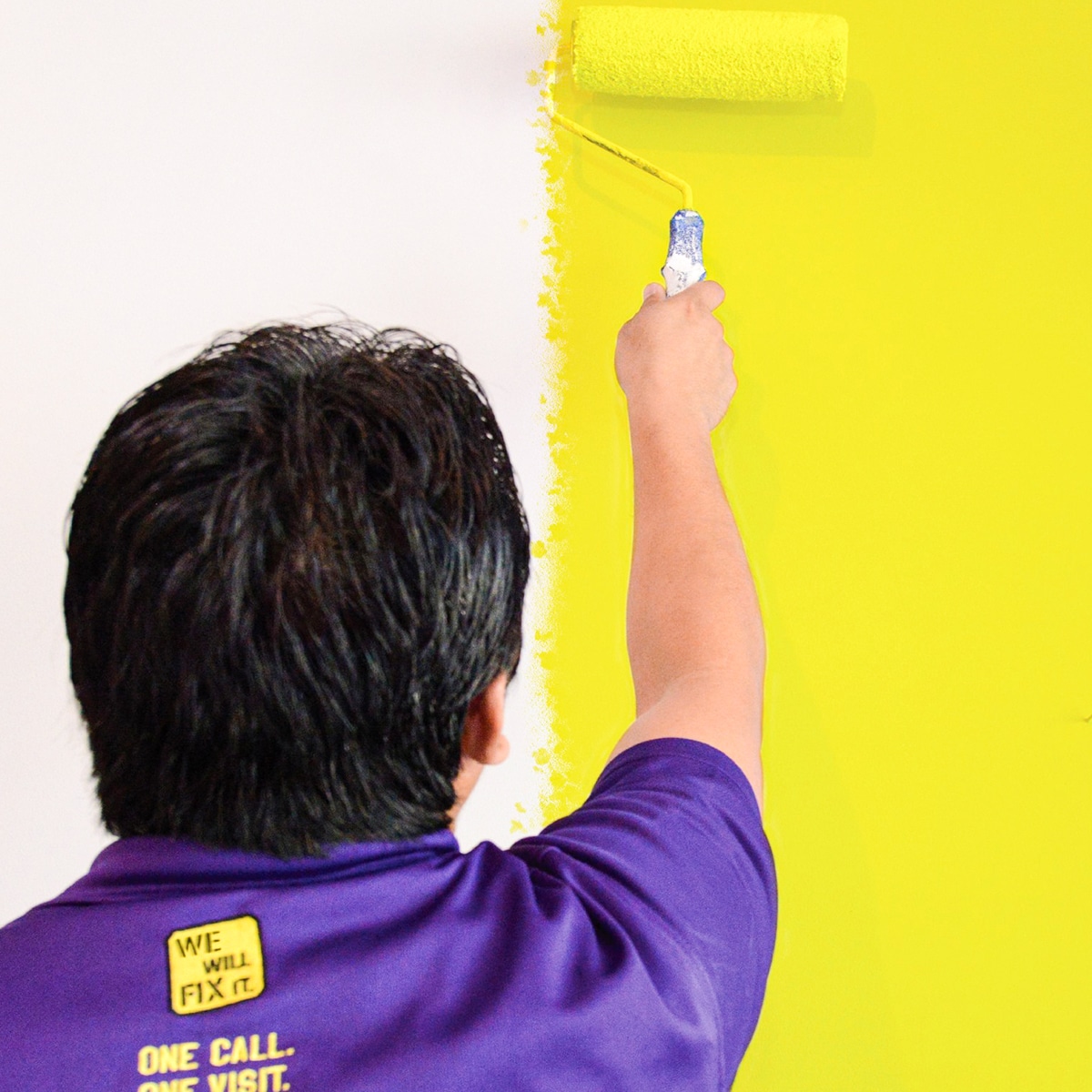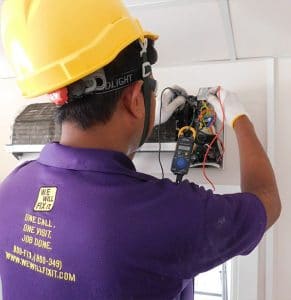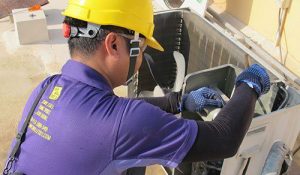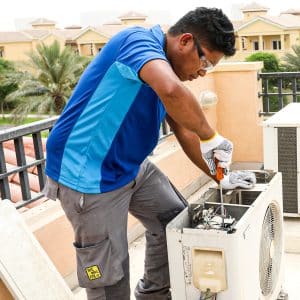Dubai Electricity and Water Authority (DEWA) supplies homes with water using a tank-and-pump system. Homeowners in Dubai usually store water in collection tanks to ensure they have a ready supply for bathing, washing, cooking, and other household needs, even during times of peak water demand. This means that whatever water is flowing from the taps in Dubai has been stored in a water tank at one point or another.
This is why you must talk to a contractor who knows how to clean a water tank if you live in Dubai.
Why Water Tank Cleaning Is Vital
Regular cleaning is needed wherever water is collected and stored. Bacteria, dirt, animal excrement, and other types of contaminants can enter your home’s water tank through various means.
The water could have become polluted as it passed through the pipes on its way to your mains. It could have been tainted as it travelled to your water tank’s intake pipe. The tank itself might no longer be impermeable to bird droppings, sand, dead insects, leaves, and runoff water.
There’s also the risk of dirty water backflow. Improperly installed or maintained water distribution and sewage pipes can cause used water to flow back into a water storage tank.
Whatever the cause of contamination, a water collection tank can favour the growth of algae and bacteria. Algal and bacterial concentration levels can exceed local and international standards, increasing the risk of bacterial infection or exposure to toxins that can make you feel sick.
For context, a microbial analysis of water samples taken from 40 household water tanks in Dubai showed the occurrence of Pseudomonas aeruginosa, Salmonella gallinarum, Escherichia coli, and Enterobacter aerogenes.
Legionella bacteria is a particular concern of Dubai Municipality. This genus of bacteria naturally occurs in natural water sources in low numbers. Legionella bacteria can survive various conditions, including temperatures between 6 ºC and 60 ºC and seem to particularly thrive in 20 ºC to 45 ºC water.
This can be concerning because, while Legionella bacteria occur in low numbers initially, their hardiness and resilience mean they may eventually colonise water systems, including household water tanks. Exposure to this bacteria can lead to Legionnaires’ disease, Pontiac fever and other conditions.
Other factors exacerbate these water quality and hygiene risks. Overdesigned systems (e.g., tanks with excessively high capacities) can increase the amount of time water remains in a storage tank (i.e., water age). The longer the water stagnates, the lower its disinfectant concentration becomes, and the more prone the water is to the growth of algae and bacteria.
How Often Should Water Tanks Be Cleaned?
Dubai Municipality recommends water tank cleaning at least once every six months. Food Code 2.0 for the food service and retail industry reinforces this twice-yearly water tank washing and disinfection recommendation and provides additional guidance on Dubai Municipality’s stance on how to maintain water tanks.
How to Clean a Water Tank
The following are some of the takeaways from the Food Code 2.0 guidelines on how to clean a water tank:
- Professional service provider: A water tank cleaning company accredited by the concerned department of Dubai Municipality must perform the cleaning and maintenance.
- Twice a year (at least): Twice a year is the minimum cleaning frequency. Get your water tank cleaned more frequently if monitoring and inspection indicate water quality issues.
- Cleaning agents: Use only government-approved cleaning agents and materials. We at We Will Fix It use only approved biocides and disinfection materials, particularly those whose source, ingredients and mechanism of action are documented and can be readily verified.
- Cleaning techniques: Scrub the inside of water tanks using high-quality brushes (no worn-out bristles). The brushes and bristles must not be made of wood and other natural materials. Use high-pressure water to blast away stubborn algal growths and other impurities from water tank walls. The water tank must be thoroughly rinsed after cleaning to ensure no disinfectants remain, as these could pollute the water supply.
- Hardware checks: Make sure your service provider inspects your water tanks and connected pipes for contamination vulnerabilities. We also recommend getting a thorough plumbing and sewage systems inspection from a trusted provider of plumbing services in Dubai to ensure there are no leaks and backflow risks.
Can You Clean Your Water Tank Yourself?
Technically, if you know how to clean a water tank and you have the time to do it, you can clean your water tank yourself. However, we do not recommend it.
Professional home maintenance providers like us have trained and skilled personnel who can clean your tanks efficiently, quickly and effectively. We have systems and procedures in place and the right cleaning materials and equipment to ensure your water tank is not only superficially washed but also deeply cleaned and disinfected.
For the homeowner or tenant, professional cleaning services provide peace of mind that your water tank is clean and the quality of the water you get from it is up to par. For the landlord, getting professional water tank cleaning means clear compliance with regulations, as it ensures properly documented water tank cleaning and inspection records.
Get Your Water Tank Cleaned
Water tanks in Dubai must be cleaned at least once every six months. If you don’t comply, you risk exposure to bacteria, algae and contaminants that can make you ill. For best results, get your water tank cleaned by a professional water tank cleaning company.
We Will Fix It offers water tank cleaning services. We offer it as a stand-alone service, so feel free to contact us when you need your water tank cleaned. You can also get it as an add-on to our annual maintenance contract; this will allow you to get the service at a discount. Contact us today to enquire.

